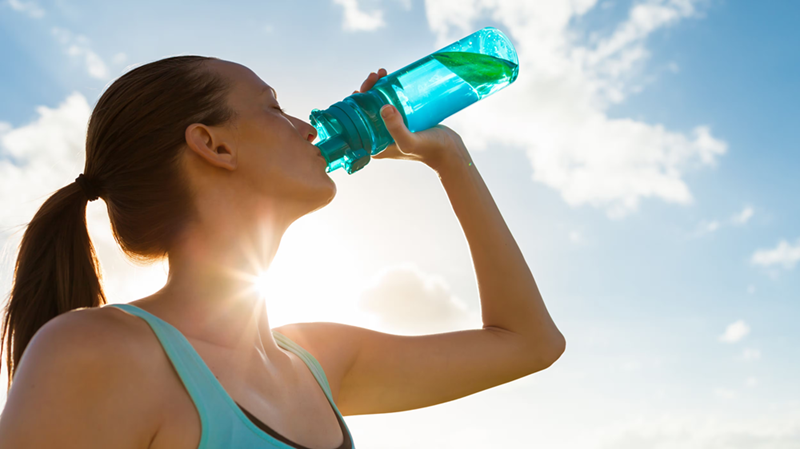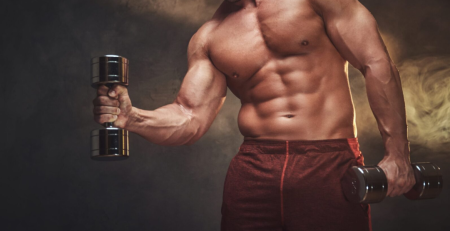Are You Getting Enough Water?
Our bodies are mostly composed of water, which is important to us. Our body’s cells prioritize water as a necessary component. It is among the essential construction materials. It helps the body eliminate toxins, transports and metabolizes proteins and carbohydrates, and controls body temperature.
Why it’s so vital to stay hydrated and drink water?
- Approximately 60% of adult males and 55% of adult females are composed of water.
- Because the brain is 80% water, dehydration may cause major injury to the brain.
- A water molecule is necessary for every biological function.
- Water helps you breathe by keeping your lungs moist.
- The majority of blood plasma is composed of water.
- Water helps to keep blood pressure and volume normal.
How much water is plenty to remain hydrated each day?
Despite the consensus that we should consume 30 millilitres of water for each kilogram of body weight, this is typically not enough. If you are not a regular exerciser, drink three litres of water each day. A person who exercises has to strive to consume up to 4 litres of water each day. Over three weeks, drinking water consistently will undoubtedly enhance general health and well-being.
How can you determine whether your body requires extra water?
Individuals who habitually drink too little water report feeling weak and tired all the time. They experience heaviness in the legs, concentration problems, and headaches of unexplained origin. Feeling bloated and struggling to lose weight. This is due to both water retention and dehydration. In this way, the body fortifies itself by retaining water in the tissues under the skin.
How can we know whether we’re getting enough water in our bodies?
If you are fully hydrated, your urine should be almost clear and odourless. However, if you drink three to four litres of water a day, some of the vitamins you eat may not be adequately absorbed, which might result in your urine having a stronger odour and a deeper or brighter colour.












Leave a Reply